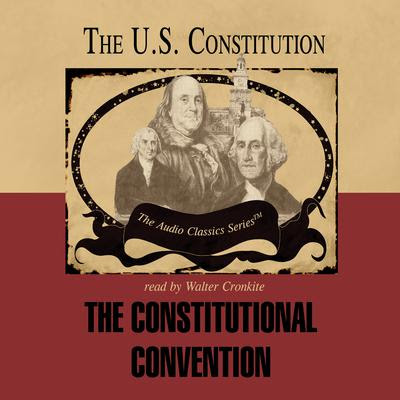In the United States, Thomas Paine is primarily remembered for his work “Common Sense,” and for some other stirring words written in his other work “The American Crisis.” (Words like “These are the times that try men’s souls.”) But relatively few have even heard of his 1791 work “Rights of Man.” The work was written in response to Edmund Burke’s 1790 work “Reflections on the Revolution in France.” To describe that work in detail would be tangential here, and I plan to do so later in another blog post. Thus, suffice it to say here that Edmund Burke was a major critic of the French Revolution, which was still going on when both men were writing these works. In this, Edmund Burke was closer to other American Founding Fathers besides Paine, such as John Adams and George Washington. Both of these men eventually shared Burke’s negative view of the French Revolution.
Thomas Paine






















